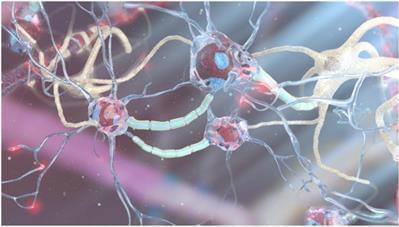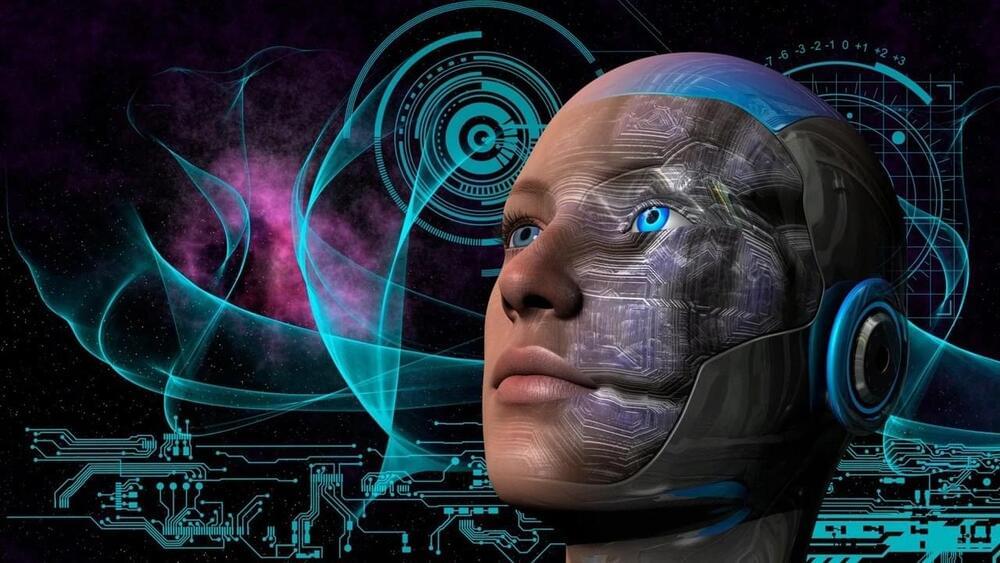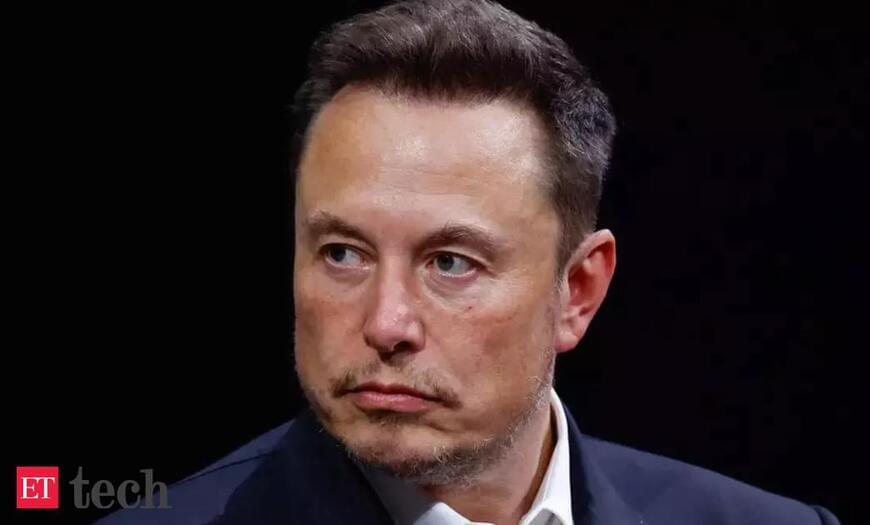In this episode, recorded during the 2024 Abundance360 Summit, Ray, Geoffrey, and Peter debate whether AI will become sentient, what consciousness constitutes, and if AI should have rights.
Ray Kurzweil, an American inventor and futurist, is a pioneer in artificial intelligence. He has contributed significantly to OCR, text-to-speech, and speech recognition technologies. He is the author of numerous books on AI and the future of technology and has received the National Medal of Technology and Innovation, among other honors. At Google, Kurzweil focuses on machine learning and language processing, driving advancements in technology and human potential.
Geoffrey Hinton, often referred to as the “godfather of deep learning,” is a British-Canadian cognitive psychologist and computer scientist recognized for his pioneering work in artificial neural networks. His research on neural networks, deep learning, and machine learning has significantly impacted the development of algorithms that can perform complex tasks such as image and speech recognition.
Read Ray’s latest book, The Singularity Is Nearer: When We Merge with AI
Follow Geoffrey on X: https://twitter.com/geoffreyhinton.
Learn more about Abundance360: https://www.abundance360.com/summit.
———-
This episode is supported by exceptional companies:



